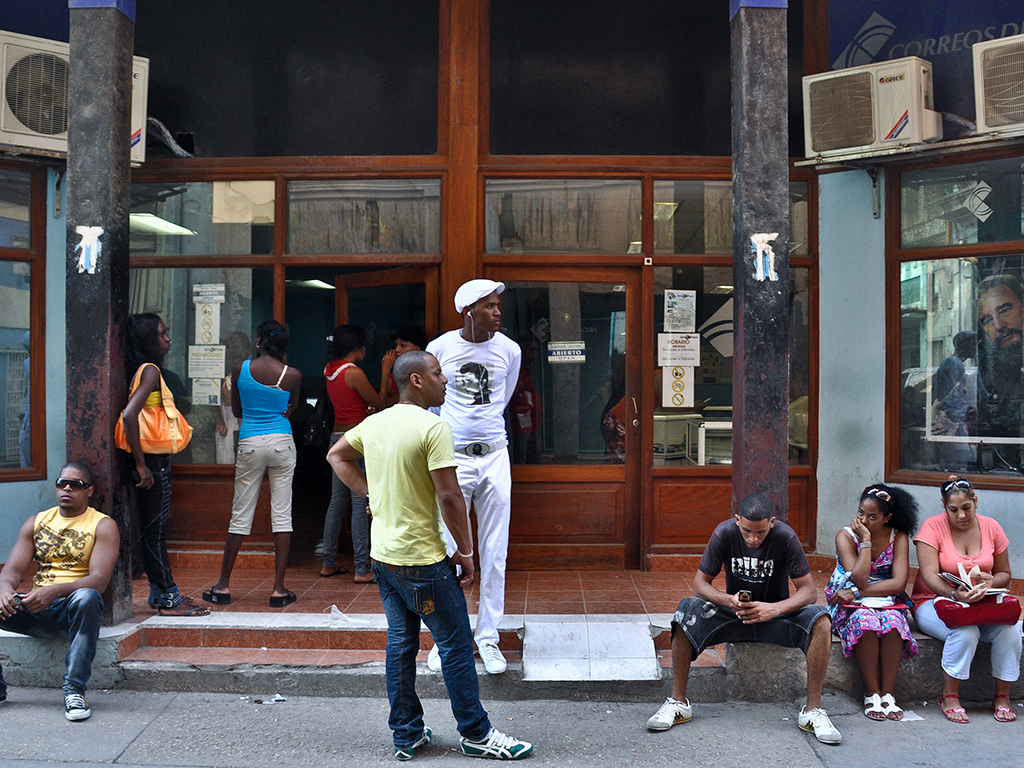US and Cuba re-establish phone lines
Direct phone calls can be made between Cuba and the US for the first time in well over a decade, signalling huge potential for internet access in the poorly connected country

Cubans queue to use an internet cafe. Many hope that telecommunication links with the US will dramatically enhance the country's internet capabilities, as well as its phonelinks
As part of the strategy to normalise relations between the two countries, telecommunication links will be re-established for the first time since 1999. Prior to the agreement, phone calls were connected via a third-party country; as such, they were extremely expensive and of bad quality.
Cuba has one of the lowest rates of internet penetration in the world
The telephone connection between Cuba and the US has been intermittent since Fidel Castro came to power in 1959. In the same year, Castro took possession of the Cuban Telephone Company away from the US firm International Telephone and Telegraph, which owned the majority stake. The US embargo on exports to Cuba began in the subsequent year, and has been followed by decades of tense and provocative political exchanges between the two nations.
The contract was made between New Jersey-based telecoms provider IDT Corporation and Cuban state-owned counterpart Etecsa. Although the deal is for phone calls only, the agreement heralds the possibility of creating better internet connectivity in Cuba also. According to figures released by the White House last December, at less than five percent, Cuba has one of the lowest rates of internet penetration in the world. The hourly rate at internet cafes is approximately $4.50 an hour, which is just under a quarter of the average monthly salary.
As well as benefits for the telecommunications industry, this move could also bring a host of opportunities for internet services for Cubans, as well as a new market to enter for countless US firms. One of the first to start this trend is the on-demand media subscription platform, Netflix, which launched its services in Cuba in February.
This agreement indicates a period of far greater economic ties between Cuba and the US, with positive implications not only for the finance sector, but for trade and tourism for both countries also.













